Table of Contents
let's talk about the idea of a 1000 calorie healthy dinner. Maybe you've heard about super low-calorie diets for quick weight loss, and you're wondering if focusing on a single, large, yet calorie-controlled meal is the secret sauce. It sounds appealing, right? One meal, hit your number, job done. But before you start planning that epic, yet tiny, feast, there's a bit more to the story than just hitting a calorie target for one meal. A diet this low in calories, even if packed with nutrients, comes with serious questions about sustainability and health.
Is a 1000Calorie Diet Right for You? (Spoiler: Probably Not LongTerm)
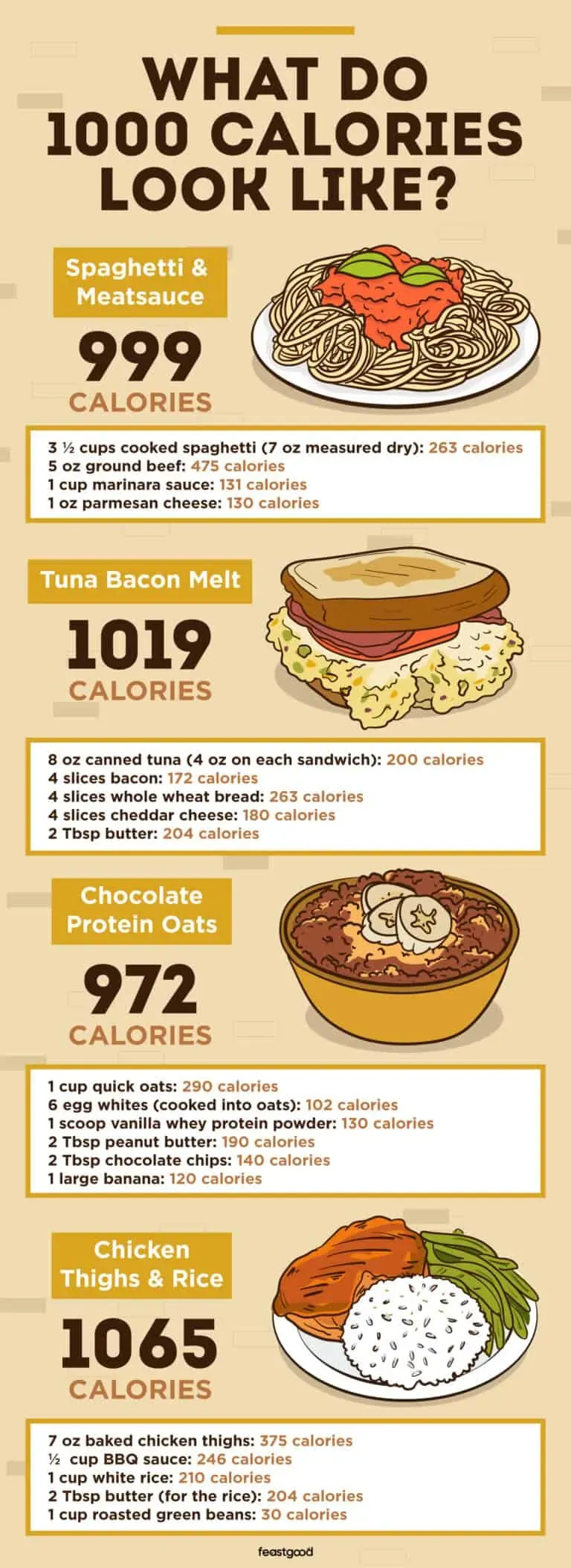
Is a 1000Calorie Diet Right for You? (Spoiler: Probably Not LongTerm)
So, you're kicking around the idea of a 1000-calorie diet. Let's be blunt: for the vast majority of people, this isn't a sustainable or even particularly healthy long-term plan. Thinking about it as a quick fix or a way to shed pounds rapidly might seem appealing on paper, but your body needs more fuel than that to function properly, day in and day out. Consider it like trying to run a marathon on a single energy gel; you might get a short burst, but you'll crash hard and fast. This kind of drastic restriction can lead to nutrient deficiencies, muscle loss (not just fat!), and a metabolism that slows down as your body goes into conservation mode, sensing a famine.
Think about it: Is this something you can realistically stick to while living your life, seeing friends, maybe even exercising? Probably not. It's the kind of diet that leaves you feeling drained, hungry, and frankly, a bit miserable. And when you inevitably go back to eating more, the weight often piles back on, sometimes even more than before. It’s a cycle that’s frustrating and counterproductive.
- Are you under strict medical supervision for this diet?
- Are you only planning this for a very short, defined period (a few days at most)?
- Do you have a specific medical reason requiring such a low intake?
If you answered "no" to most of these, a 1000-calorie diet is likely not the right path for you.
Breaking Down the Numbers: What 1000 Calories Means for Your Day
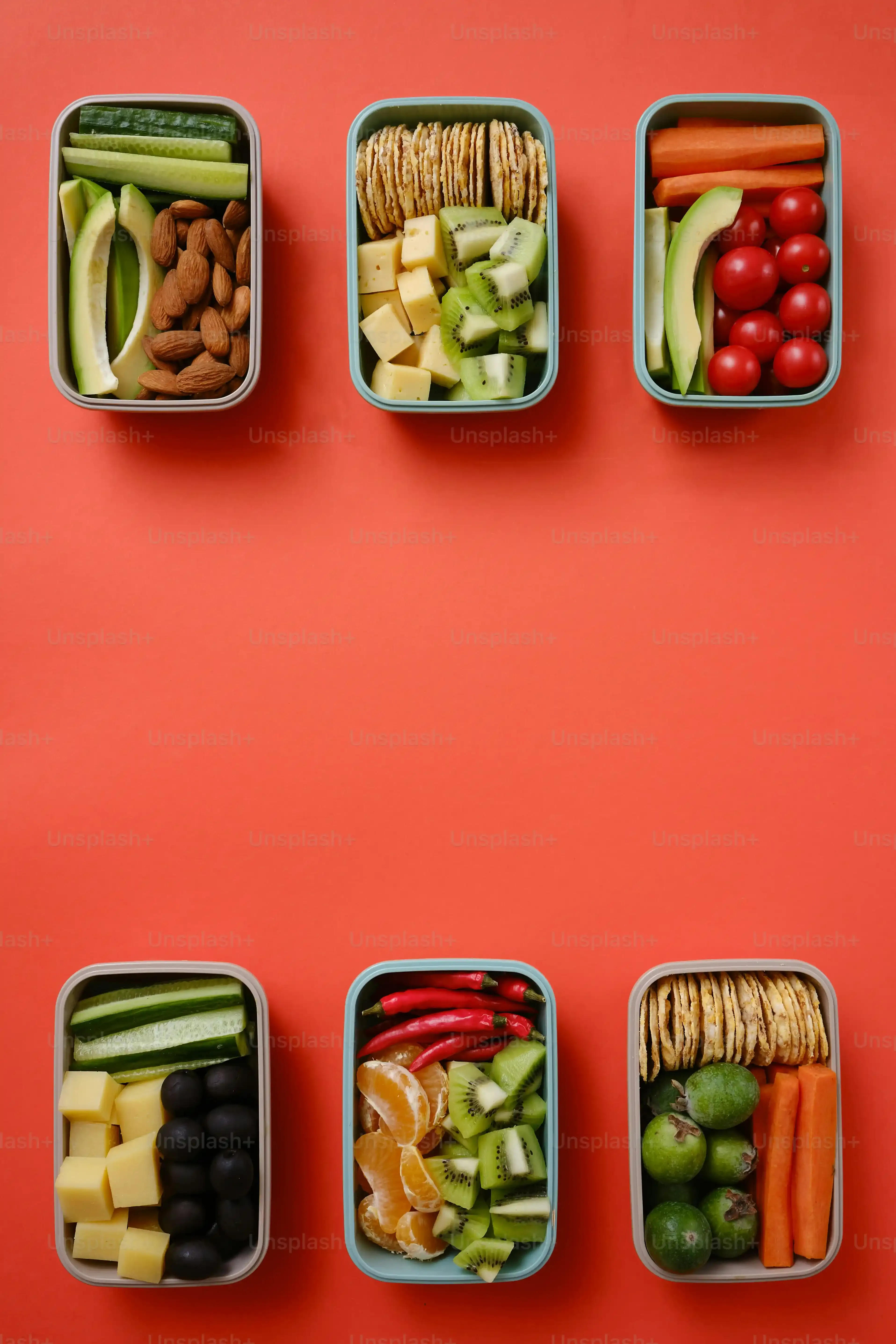
Breaking Down the Numbers: What 1000 Calories Means for Your Day
The Stark Reality of 1000 Calories Daily
When you talk about a 1000-calorie healthy dinner, you're really talking about fitting that meal into a daily total of, well, 1000 calories. Let's put that into perspective. Imagine your typical day's eating: breakfast, lunch, dinner, maybe a snack or two. Now, shrink all of that down to the energy equivalent of roughly two average-sized bagels or one modest restaurant burger. That's your entire day's fuel. You're not just skimping on dinner; you're looking at tiny portions across the board. We're talking a small handful of nuts for a snack, a child-sized portion of chicken and vegetables for lunch, and maybe a small bowl of oatmeal for breakfast. It's not a lot of food, and it leaves very little room for error or, you know, actual enjoyment of eating.
Nutrient Tetris: Making 1000 Calories Count
Fitting all the essential vitamins, minerals, protein, fats, and carbohydrates your body needs into just 1000 calories is like playing nutritional Tetris on hard mode. You have to choose every single bite with extreme prejudice. There's no space for calorie-dense but nutrient-poor foods – forget processed snacks, sugary drinks, or even healthy fats like avocado or olive oil in anything but tiny quantities. You're basically living on lean protein, non-starchy vegetables, and small amounts of whole grains or fruit. It's a challenge to avoid feeling deprived, and it's even harder to ensure you're not missing crucial nutrients over time. Your body isn't built to thrive on such a restricted palette indefinitely.
- What does 1000 calories look like?
- Small breakfast (e.g., 1/2 cup oatmeal, few berries)
- Tiny lunch (e.g., small salad with minimal dressing, 2 oz chicken)
- Modest dinner (e.g., 3 oz lean fish, 1 cup steamed broccoli)
- Maybe one very small snack (e.g., a few carrot sticks)
- Zero margin for error or extra bites.
Ideas for a 1000 Calorie Healthy Dinner (If You Must)
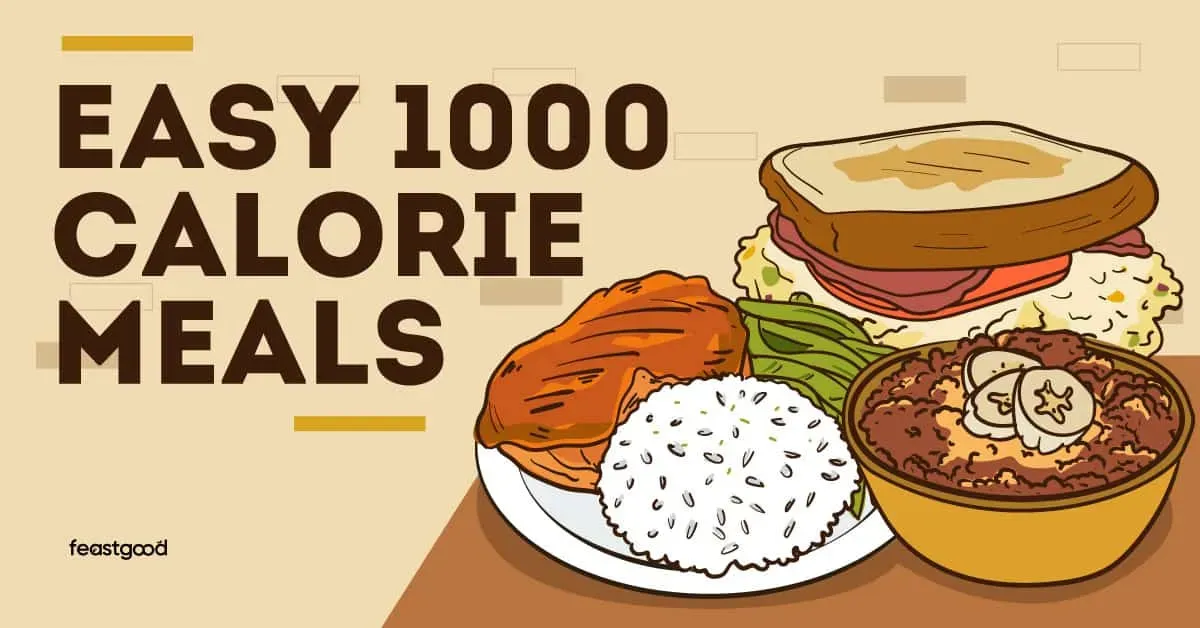
Ideas for a 1000 Calorie Healthy Dinner (If You Must)
The Challenge of a High-Calorie, Low-Volume Meal
Alright, let's say you've weighed the risks (which we discussed) and you're still determined to tackle a 1000 calorie healthy dinner, perhaps as part of a *very* short-term, medically-advised plan. Crafting a single meal that hits this calorie count while still being "healthy" and not just a plate of butter is tricky. You're essentially trying to pack a significant amount of energy into one go, which often means focusing on calorie-dense, nutrient-rich foods. Think healthy fats and proteins, but in much larger quantities than you're likely used to seeing for a single dinner. It's not about volume here; it's about caloric density within a healthy framework. This isn't your standard chicken breast and broccoli diet plate.
Attempting a 1000 calorie healthy dinner requires careful planning to avoid just eating a giant tub of ice cream (which hits the calories but fails spectacularly on the "healthy" part). You need a balance, even within that single meal. Protein is crucial for satiety and muscle preservation, fats add calories and help absorb vitamins, and some complex carbs provide energy. It’s a balancing act where the portion sizes might feel unnaturally large for one sitting, or you might find yourself eating things you wouldn't typically pair together just to hit the numbers.
Putting Together a Sample 1000-Calorie Plate
So, what might a legitimate 1000 calorie healthy dinner actually look like? Forget the diet plates you see online showing a tiny piece of fish and five green beans. We're talking substantial portions. One approach could involve a good cut of fatty fish like salmon, a generous serving of a starchy vegetable like sweet potato with a decent dollop of healthy fat like olive oil or avocado, and perhaps a side of greens cooked with more oil or butter. Another option could be lean protein like chicken or beef, paired with a grain like quinoa or brown rice, and then adding calorie boosters like nuts, seeds, or a rich sauce made with coconut milk or tahini. It's about adding those calorie-dense components that are also nutrient-rich.
Here are a couple of examples to give you a visual:
- Option 1: Salmon & Sweet Potato Power Plate
- 6-8 oz cooked Salmon (approx. 400-500 calories)
- 1 large Sweet Potato (approx. 200 calories) baked with 2 tbsp Olive Oil (approx. 240 calories)
- 1 cup cooked Spinach sautéed with 1 tbsp Butter (approx. 100 calories)
- Total: ~940-1040 calories
- Option 2: Chicken & Quinoa Bowl with Healthy Fats
- 6 oz cooked Chicken Thigh (approx. 350 calories)
- 1 cup cooked Quinoa (approx. 220 calories)
- 1/2 Avocado (approx. 160 calories)
- 2 tbsp Tahini Dressing (approx. 180 calories)
- 1 cup Mixed Greens (negligible calories)
- Sprinkle of Pumpkin Seeds (1 oz, approx. 160 calories)
- Total: ~1070 calories
Balancing Macros Within the High-Calorie Goal
Creating a 1000 calorie healthy dinner isn't just about hitting the number; it's also about the composition. You can't just load up on fat and ignore protein, or vice versa, especially if this meal is a significant portion of your daily intake. A good target, even within this high-calorie dinner, is to ensure you're getting adequate protein to support muscle health, healthy fats for satiety and hormone production, and complex carbohydrates for sustained energy. It's tempting to just add more oil or nuts to boost calories quickly, but neglecting protein or fiber will leave you feeling hungry again sooner than you'd like. Think of it as a mini-macro puzzle within your larger (or in this case, maybe not so much larger) daily puzzle.
Why That 1000 Calorie Healthy Dinner Isn't Your Forever Meal Plan
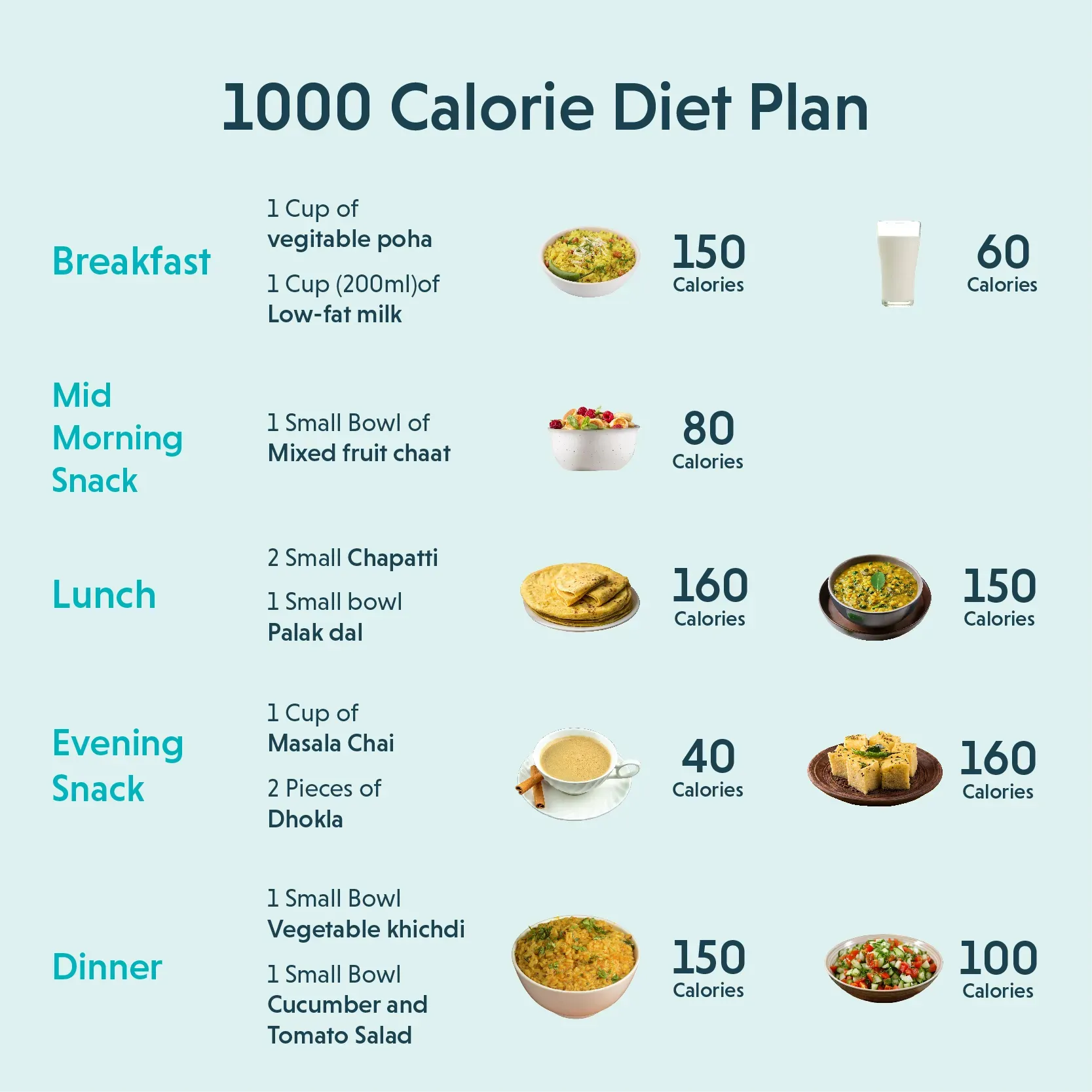
Why That 1000 Calorie Healthy Dinner Isn't Your Forever Meal Plan
Your Metabolism Isn't a Light Switch
Thinking a 1000 calorie healthy dinner, or a diet centered around that number daily, is a long-term solution is like thinking you can power your house with a single AA battery. Your body is smart, and when it senses a severe restriction in calories, its primary goal shifts from weight loss to survival. It slows down your metabolism to conserve energy. This isn't some abstract concept; it's a real physiological response. What might initially cause rapid weight loss quickly plateaus, and you're left eating next to nothing while your body stubbornly holds onto every calorie it gets. It's a counterproductive battle you're guaranteed to lose in the long run.
Beyond the metabolic slowdown, this level of restriction strips away muscle mass along with fat. Muscle burns more calories at rest than fat does. So, as you lose muscle on a very low-calorie diet, you further reduce your resting metabolic rate, making it even harder to keep weight off later. You become a less efficient calorie-burning machine. Plus, feeling constantly hungry, tired, and maybe even dizzy isn't exactly a recipe for a vibrant life or consistent exercise, both of which are crucial for sustainable health and weight management.
The Deprivation Trap and Rebound Effect
Let's talk about the mental game. Consistently planning a 1000 calorie healthy dinner, or sticking to that daily limit, is mentally exhausting. You're constantly thinking about food, fighting cravings, and feeling deprived. This isn't just about willpower; it's a primal response to not getting enough energy. This intense restriction often leads to a boomerang effect. Once the diet stops (because it's unsustainable), people tend to overeat, sometimes drastically, leading to rapid weight regain. The weight often comes back as fat, not muscle, putting you in a worse position than when you started. It's a classic diet cycle: restrict, lose, regain, repeat. It's soul-crushing and doesn't build healthy habits.
Moreover, social situations become incredibly awkward, if not impossible. Sharing a meal with friends or family, eating out, or celebrating with food becomes a minefield. Constantly having to say "no" or meticulously calculate tiny portions isolates you. Eating should be a source of nourishment and sometimes pleasure, not a constant source of stress and social anxiety. Relying on a 1000 calorie healthy dinner as the anchor of an extremely low-calorie diet just isn't compatible with a normal, healthy lifestyle.
- Why a 1000-Calorie Diet Fails Long-Term:
- Slows metabolism (survival mode)
- Causes muscle loss (reduces calorie burn)
- Leads to nutrient deficiencies
- Mentally and physically draining
- Increases risk of rebound weight gain
- Unsustainable for social life and enjoyment
Safer Paths Forward: Moving Beyond the 1000 Calorie Limit
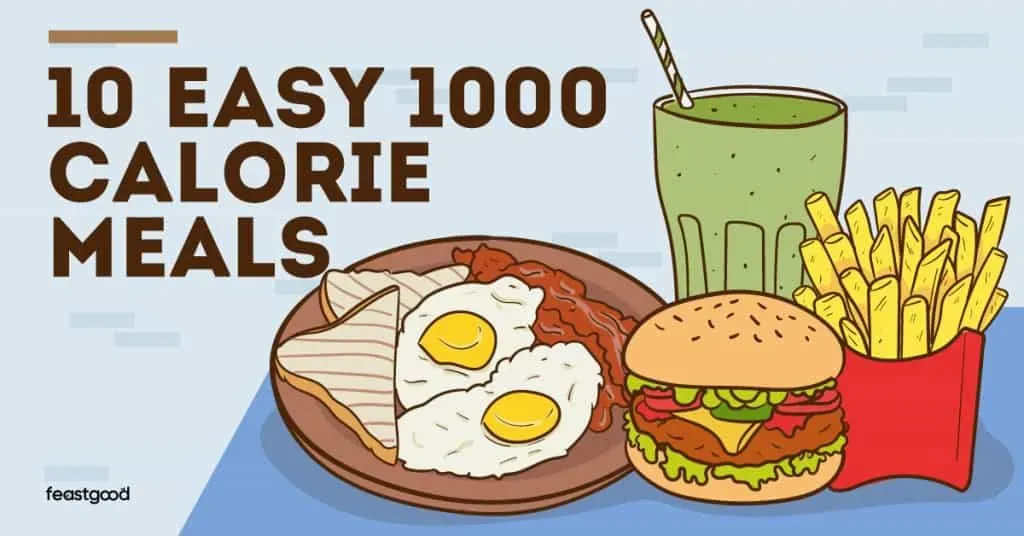
Safer Paths Forward: Moving Beyond the 1000 Calorie Limit
Why Starving Yourself Isn't the Answer
let's ditch the idea that a 1000 calorie healthy dinner, or a day built around that tiny number, is the golden ticket. It's not. It's a short-term, often miserable strategy that usually leads back to square one, or worse. Your body needs adequate fuel not just to survive, but to thrive, build muscle, regulate hormones, and keep your brain from feeling like a deflated balloon. Sustainable weight loss and genuine health come from consistent habits, not crash diets. Think of it less like a sprint to the finish line and more like building a sturdy, long-lasting house. You need solid foundations, not just a quick coat of paint.
Trying to exist on so few calories sets you up for failure. You'll likely feel constantly hungry, tired, and irritable. Cravings become overwhelming, making it incredibly difficult to stick to the plan. This isn't a moral failing; it's a biological response. When you severely restrict, your body pushes back hard. Instead of fighting against your biology, it's far more effective and less soul-crushing to work with it. This means finding a calorie intake that allows for a deficit but still provides enough energy and nutrients to function well and feel satisfied.
Finding Your Sustainable Sweet Spot
Moving beyond the 1000-calorie trap means finding a more realistic and sustainable calorie range. For most adults, this is somewhere between 1200 and 1800 calories per day for weight loss, depending on your age, sex, weight, height, and activity level. This range allows for a calorie deficit needed for weight loss (typically aiming for a 500-calorie deficit per day to lose about a pound a week) while still providing enough nutrients and energy to keep your metabolism humming and avoid constant hunger. It's about making smarter choices, managing portion sizes, and focusing on nutrient-dense foods, rather than extreme deprivation.
This isn't just about hitting a number; it's about the quality of those calories. Prioritize lean proteins, healthy fats, complex carbohydrates, and plenty of fruits and vegetables. This combination keeps you feeling fuller for longer and provides the vitamins and minerals your body needs. Adding strength training a few times a week helps build muscle, which further boosts your metabolism. It's a multi-faceted approach that addresses health and sustainability, not just the number on the scale this week.
Here's a look at more realistic calorie ranges often recommended for weight loss:
- 1200-1400 Calories: Often a starting point for smaller, less active women. Requires careful planning to get all nutrients.
- 1400-1600 Calories: Suitable for moderately active women or less active men. Allows for more flexibility.
- 1600-1800 Calories: A common range for active women or moderately active men. More sustainable long-term.
- 1800+ Calories: Often necessary for very active individuals or larger individuals seeking a moderate deficit.
Beyond the 1000 Calorie Healthy Dinner: Finding Sustainable Health
So, we've explored the concept of a 1000 calorie healthy dinner and, more broadly, a 1000-calorie diet. The reality is stark: while the idea of rapid results is tempting, consistently eating this little is rarely sustainable or advisable for long-term health. It risks nutrient deficiencies, can slow your metabolism, and often leads to rebound weight gain. Focusing on one meal, even a nutrient-dense one, doesn't magically fix the issues with extreme calorie restriction. True health and lasting weight management come from a balanced, varied diet that meets your body's needs over the entire day, paired with consistent physical activity. It's less about chasing a number for a single meal and more about building habits that support your well-being for years to come. Ditch the quick fixes; invest in the long game.